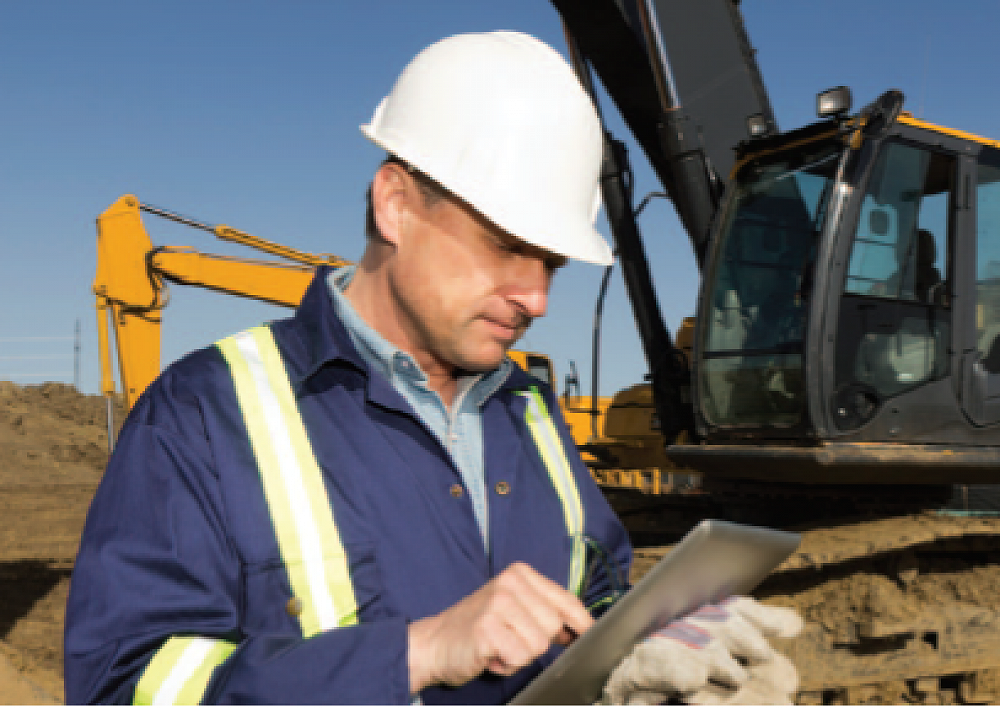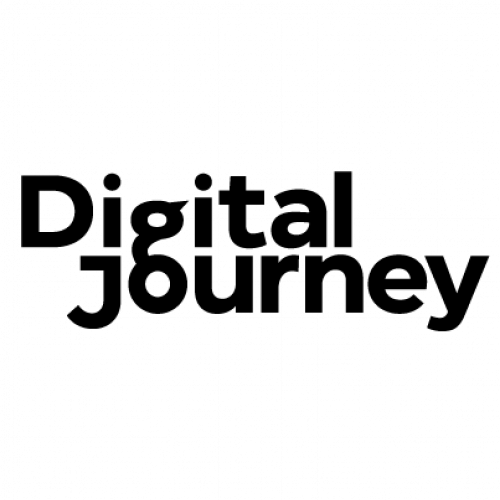
Mobile Devices in the Construction Industry
Arguably the most widely adopted of all new technologies, mobile devices are changing the way we work.
With their portability, easy to use and cheap apps, mobile devices allow staff to view, change, share and record important job information - even on the the work-site.
How Mobile Devices are being used in Construction
Nowadays mobile devices are better adapted to the tough conditions of working in the field - there are rugged devices and protectors that are designed to prevent damage from water and dust, screens that are easier to see in bright daylight and industry specific applications like barcode scanners and RFID readers that can be used to track equipment and materials.
Using mobile devices it's now possible to send emails from the work-site (for example to place orders for materials), rather than waiting until you get back to the office, or sending them from home in the evening. These advantages save time and often money.
One of greatest benefits a mobile device provides is value through the apps you can have.
Apps
The word ‘app’ is short for application. When people talk about apps they are generally referring to a piece of software used on a smart phone or mobile device.
Apps can be downloaded from an App store (if you have an Android phone or tablet this is called Google Play or the Play Store). Many apps can be downloaded for free or for next to nothing. The app store lets you search for a specific app, it also has ratings and reviews so you can see what others thought of it.
Many of the businesses and organisations you already interact with (like banks, retailers, newspapers,) may provide apps for free to make your life easier.
Standalone vs Apps paired with Software
Some construction apps are not standalone. This means that you have to purchase software for your computer or laptop, or pay a subscription fee before you have access to the app. These subscription/software based services generally have more features than the cheaper standalone apps purchased from an app store.
Online vs Offline
Some apps are designed to be used online – like GoogleMaps – it will show you where you are and provide navigation instructions to help you get to your destination. But if you don’t have an Internet connection or mobile connection (like 4G) then it won’t be able to detect where you are located. Online apps often provide scaled down functionality for offline situations. For example with GoogleMaps you can download maps to use offline.
Some apps, once downloaded, can have full offline functionality. This is especially useful for those in the construction industry as connectivity can vary from work-site to work-site.
Construction Apps
Although there are not as many apps designed for the construction as some other industries, the number of apps available is predicted to increase. It's worthwhile talking to others in construction about the apps they use and find beneficial.
The following are examples of the types of apps that could benefit you:
- Healthy and Safety - managing workplace hazards, and safety compliance
- Bid management - create and manage bids for contracts
- Project Management and/or scheduling - managing jobs, planning staff, monitoring project tasks and tracking time
- Documents - manages documents associated with a job so they are easy to find
- Blueprints - allow the user to draw up and modify existing blueprints and export in a variety of file formats
- Cost estimators/calculators- create estimates for construction jobs or large projects or calculating costs, volumes etc. The larger cost estimators have a costs database sitting behind them that is updated with material prices
- Timesheeting/payroll /HR - used to track staff hours, leave, manage payroll
Whatever you use your mobile device for on the work-site, make sure the information you have on it is backed up, stored in another location, or in the cloud. Even rugged devices aren't indestructible. To protect company data make sure devices are, at the very least, password protected. It's also worthwhile considering having technology that can remove business data off lost devices- incase they fall into the wrong hands.
